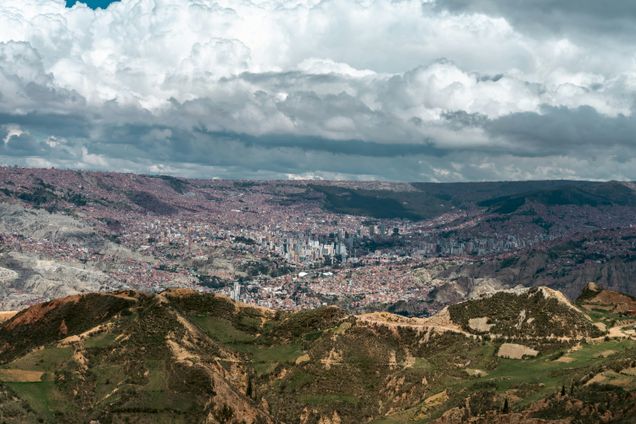Multilateral Development Banks and Financing for Development: The Role of Resource Needs Reviews

Multilateral development banks (MDBs) play a key role providing developing countries with affordable, long-term finance. In 2024, to help meet development challenges, the Group of 20 (G20) agreed on a roadmap to make the MDBs bigger, better and more effective and recommended MDBs conduct resource needs reviews to assess adequacy of resources to meet shareholder objectives and shared global challenges.
A new working paper by Rishikesh Ram Bhandary, Kevin P. Gallagher, Maia Colodenco, Florencia Asef Horno and Marina Zucker-Marques investigates the extent to which MDBs incorporate resource needs reviews into their processes and highlights key lessons from emerging practices. Their analysis, which is rooted in MDB documents, G20 communiqués and case studies of MDBs, reveals the lack of a formal process across MDBs to review resource needs against client needs and shareholder objectives.
Key findings:
-
There have been 24 general capital increases (GCIs) in the post-Global Financial Crisis period (2009-2024) across the sample of MDBs investigated, resulting in just over $86.2 billion in new paid-in capital .
-
Through a benchmarking analysis, they find that MDBs have largely similar statutory rules and governance processes governing capital increase decisions.
-
Across the system, there is a general lack of regular evidence-based reviews of financing needs to meet the strategic objectives of their shareholders as they pertain to the UN 2030 Sustainable Development Goals (SDGs) and Paris Agreement commitments without jeopardizing the risk profiles of individual MDBs. Needs reviews exhibit path dependencies reflecting envelopes used in prior rounds.
Overall, evidence based, forward-looking resource needs reviews, individually and across the MDB system, will be crucial to ensure that MDBs have the resources they need to support shareholder objectives and global challenges.
This working paper evolved out of an October 2024 report commissioned by the G20 Brazilian Presidency.
Read the Working Paper Read the Blog